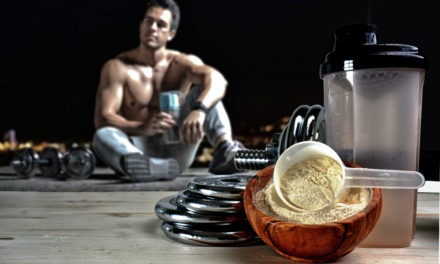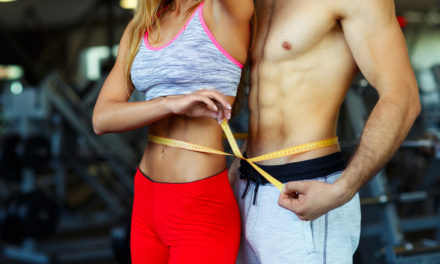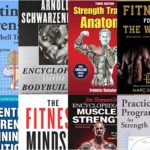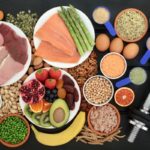10 Tips to Kick-Start Your Body Transformation
In this article, I will provide scientifically proven facts to supercharge your weight loss journey. The focus will be exclusively on how to get rid of body fat as fast as possible without considering any other variables such as the prevention of muscle loss.
I combined the most relevant variables when it comes to weight and fat loss and I can literally guarantee that you will reach your goal if you apply the recommendations below.
An editor suggested to change the sentence part “then it will be possible” to “then it might be possible” unless I can guarantee the results. I was quite amused by that comment actually. I mean, if you literally do everything I recommend below, I fully guarantee that you will lose excess weight.
This is simply a law of nature. If you put less fuel in a system than it uses on a regular basis, it will run out of energy. Our fat reserves are only energy reserves to fuel our existence.
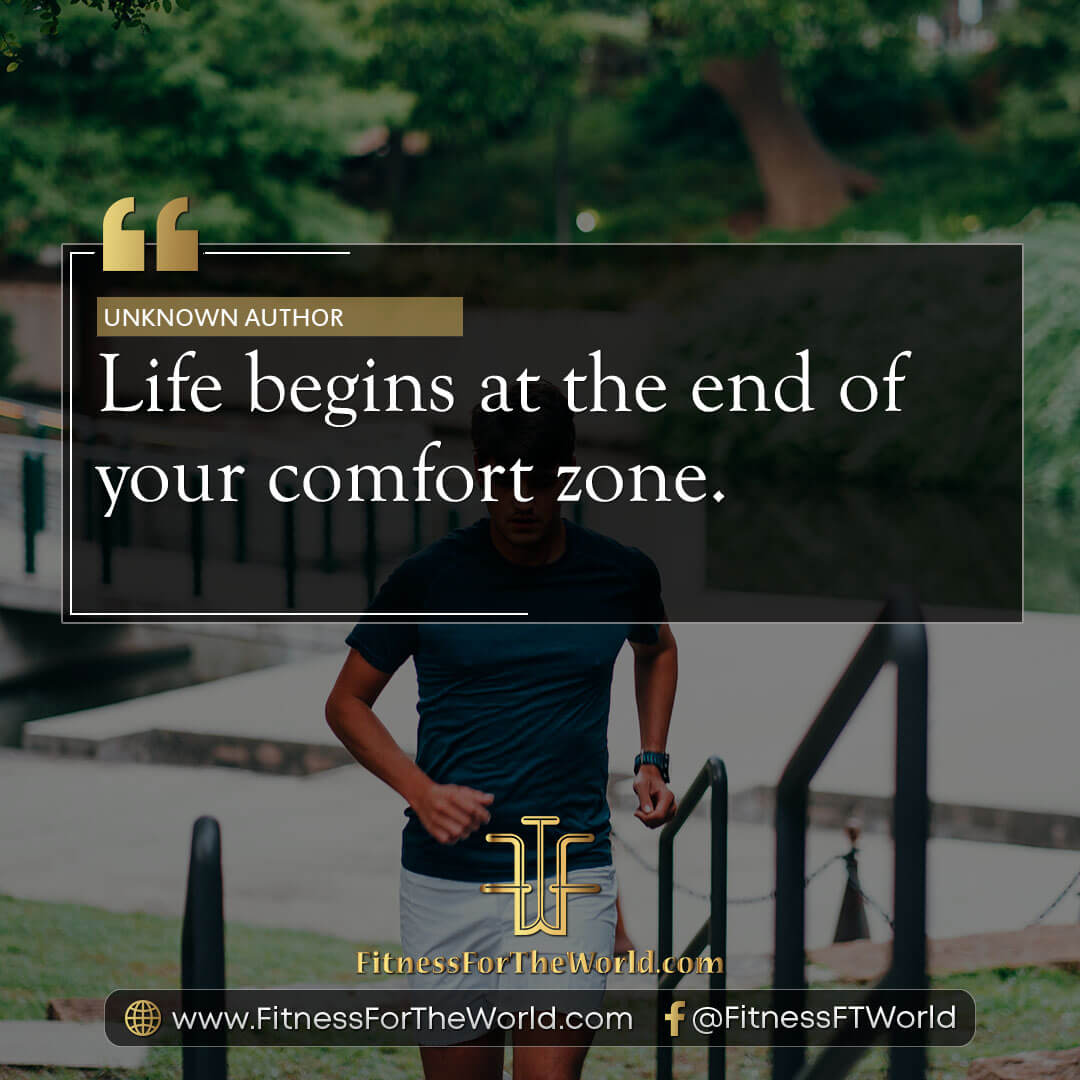
Your body might start to reduce its metabolism to counteract your weight loss efforts slightly, but in the end, if you are persistent, you will lose weight.
So, in case you are not making any progress and have been at the same weight level, you didn’t do the program.
Please don’t feel pressured. It is by no means necessary to completely dive in and adopt all the recommendations in this article. It is perfectly fine if you only integrate some of the tips in this article into your daily weight loss routine.
Simply pick a couple of them. I would choose the tips that are the easiest to adopt and implement based on your personal circumstances.
Let’s get started.
Tip #1: Adjust Your Environment
We immensely underestimate the power of our environment when it comes to everything we want to achieve in our lives. If our environment is not set up for change and does not support our goal, it is almost impossible to reach that goal.
Try to plan ahead.
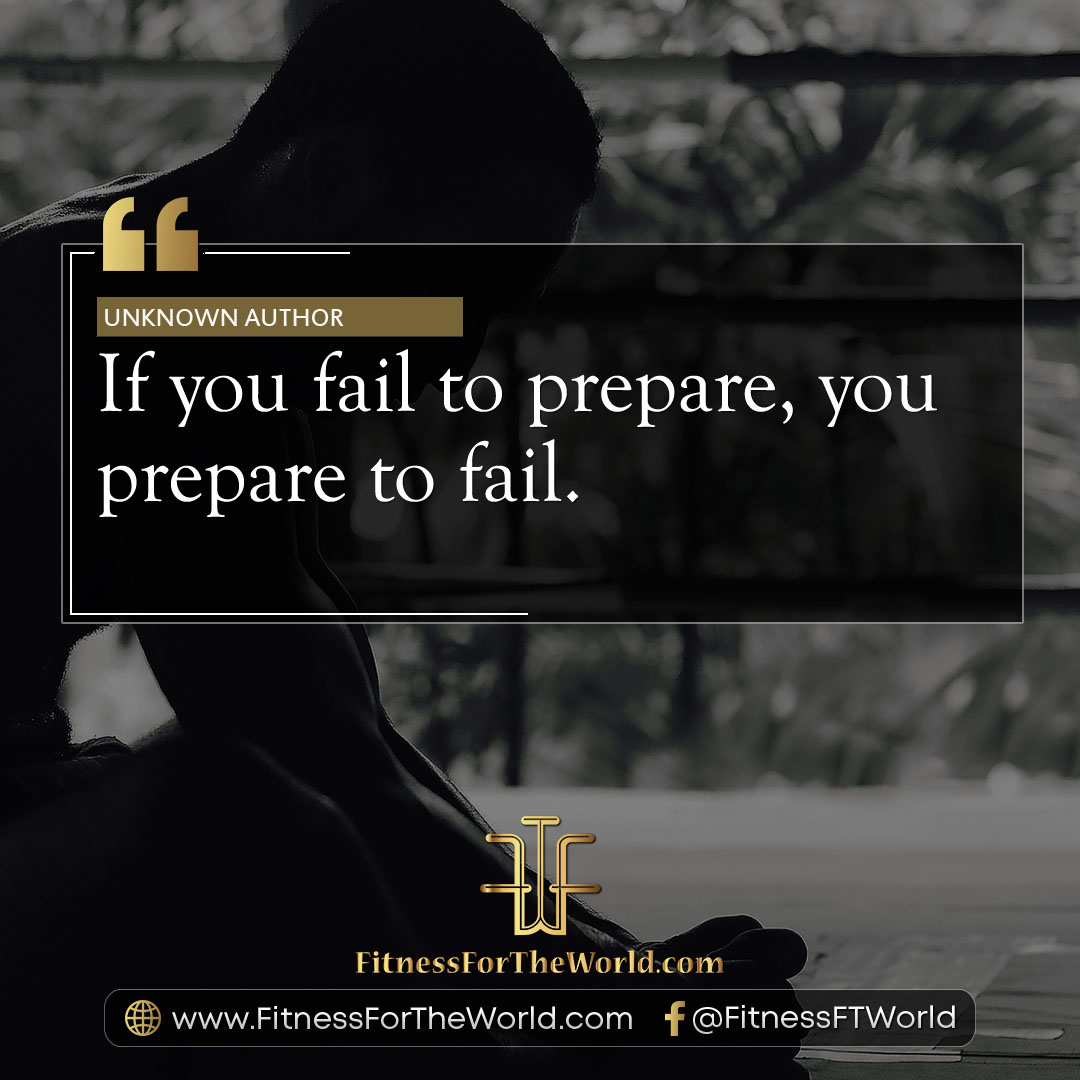


What I like to do is to just buy things that actively contribute to my current fitness goal. If I know that a certain food should not be part of my diet, I will simply not buy it. Once you buy it and have it available for intake, you will probably have difficulties resisting the temptation of eating it.
Don’t make it more difficult, as it needs to be by planning ahead and thinking about how you can structure your life to make it easier to reach your goal.
If you struggle to keep to your exercise routine, simply write it down. Set a smartphone reminder or anything that can help you stick to the program you have set for yourself. Going to the gym with somebody else regularly is a good way to make sure you find no justification not to go.
You can also join weight loss groups on social media. This will remind you that you are not the only one having this problem, as you will see other people who are also determined to reach their goal while even posting progress pictures along the way – a very nice external motivator.
Another option – a very good idea if you are serious – is to hire a personal trainer. You can either meet him/her directly in a physical location, such as a gym to train or you can go the online route and have calls regularly to discuss your progress. You can find my online coaching offers here.
Sometimes, the creation of a little external necessity is the only way to make sure we overcome our weak minds.
Interesting Read: Progressive Overload: The Key to Muscle Growth
Tip #2: Drink Water Instead of Liquid Calories
This is one of the easiest things to implement in your life and could help to reduce your weight without adjusting anything else.
While it obviously depends on your current drink choice, a change from sugary liquid to water and other low-calorie drinks can greatly reduce your caloric intake per day. This is very useful; especially if you consider that you will have no cravings due to the reduction of food.
Liquid calories are not registered by the brain as food and add calories unnoticed to your diet and body. Besides, it is a good idea to drink lots of water if you want to lose fat. It has zero calories, but it requires a little amount of energy to be processed.
Also, it will make you fuller, especially if you make it a habit to drink water before eating breakfast, lunch, or dinner.
So make sure to drink a lot, but nothing with sugar.
Tip #3: Know Your Caloric Intake
While most of the other tips on this list are essentially methods to reach a caloric deficit without specifically counting calories and making sure you eat less than you burn, it is also possible to count calories explicitly and hence create a caloric deficit on purpose.
I recommend you have at least an approximate estimate of your caloric intake per day. It is useful to know that, as the only thing that will make you lose weight is eating below your maintenance level, aka achieving a caloric deficit.
You do not have to weigh your food or anything like that, but taking track of your approximate caloric intake during the day can even increase motivation. This has become a routine for me such that I end up choosing extremely low-calorie foods on every occasion. Sometimes, I do not finish my lunch if I have the feeling that what I had just eaten will suffice for the next couple of hours and there is no need at all to keep eating for no reason.
It might become a natural habit over time and a game you enjoy playing in the sense that you feel encouraged to reduce your calorie intake as much as possible.
During my last cutting cycle, which I do mainly to increase my muscle definition, I did some really crazy stuff.
I am already at around 10% body fat and it is extremely difficult to convince my body to reduce fat further to reach the single digits.
Sometimes, even though I was hungry due to the high deficit, I ended up doing some HIIT training to speed up my metabolism right before I went to bed.
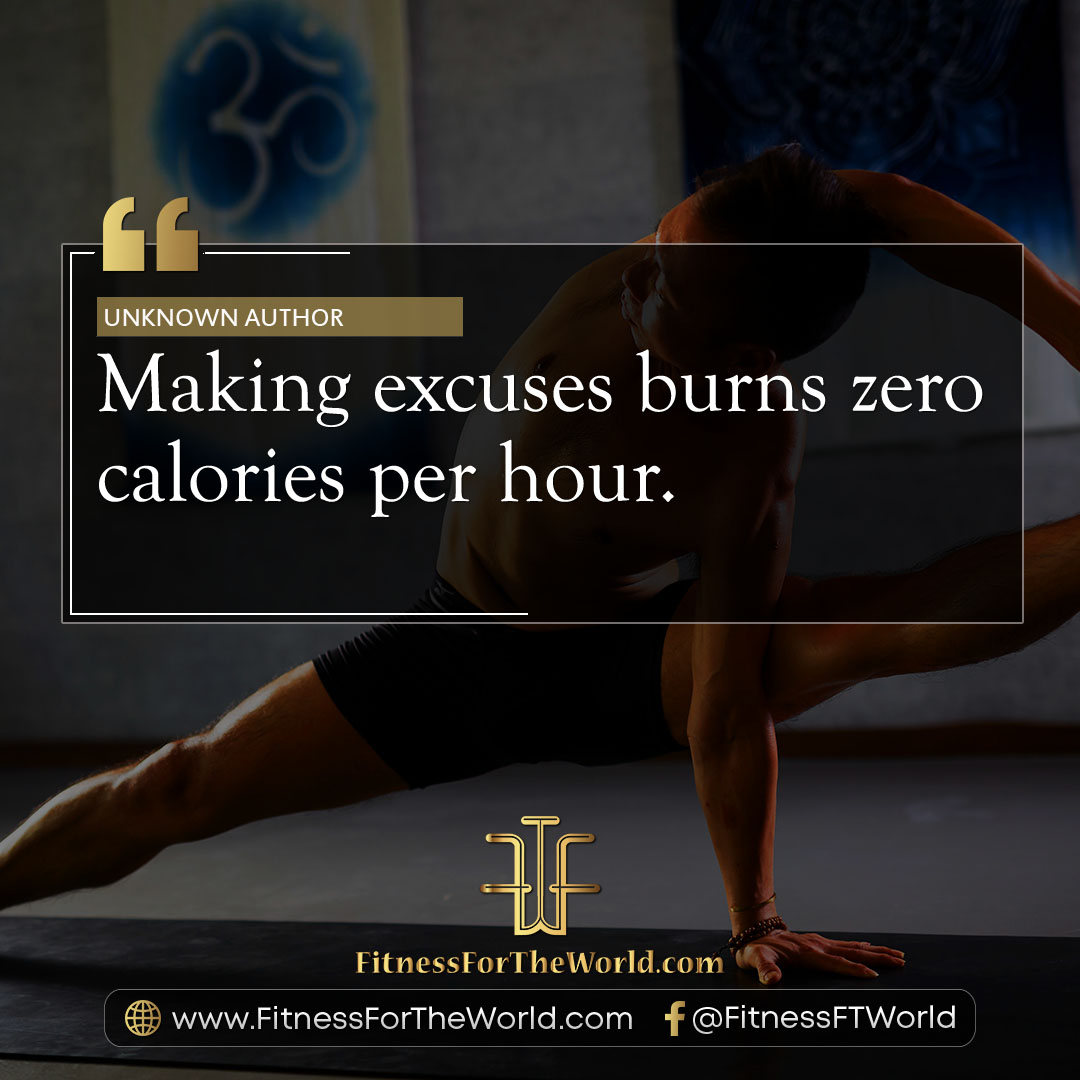


This was extremely motivating as I was certain there was no way to burn anything else except my fat, as my stomach was already empty.
You can achieve the same thing if you do cardio in the morning on an empty stomach before you have breakfast or immediately after a resistance training session.
Thinking actively about your caloric deficit might motivate you to increase it further by adjusting meals or including unplanned workouts during the day.
If you are afraid to lose muscle mass due to a very high caloric deficit, increase your protein intake and do heavy resistance training. This will protect most of your muscle tissues during a cutting cycle or fat loss program. One of the best whey protein powders on the market is the Whey Protein Powder from Optimum Nutrition, which I also use personally on a regular basis.
Tip #4: Eliminate Junk Food & High-Sugar Carbs
I am sure you know this already. Stay away from processed foods as much as possible for the following reasons.
- The refining process will destroy even healthy foods to a certain extent and make them more or less useless.
- Those refined foods contain the same, if not more, calories than their natural counterparts, but do not contain useful nutrients your body can utilize.
- Processed foods, especially low-quality carbs, won’t make you full for a longer period of time
You will end up hungry again even though you have exceeded your caloric maintenance level. This is not a good spot to be in.
If you have heard that the macronutrient composition of our diet doesn’t matter for weight loss, this is correct. It is a scientific fact that it does not matter what we eat as long as we eat below our maintenance level. The only true variable for weight loss – the one thing so to speak – is the caloric deficit. And in fact, all the other tips in this article mainly try to help you to stay consciously or subconsciously in this deficit for as long as you have to reach your goal.
Nevertheless, it is way easier to lose weight by reducing carbohydrates in our diet. I experience this myself during every cutting cycle.
Why is that?
Reducing fast sugars and low-fiber carbohydrates will help you to reduce your natural appetite (the feeling of hunger) slightly, which makes it a lot easier to lose weight. It simply makes the whole weight loss journey a bit more endurable, as it puts your weight loss on autopilot.
Tip #5: Eat Protein, Fat and Vegetables
This food combination has been shown to boost your metabolism. It will also reduce your natural appetite. It is more difficult to digest and metabolize proteins, high-fiber vegetables, and fats than carbohydrates, and you will kill your hunger feeling for most of the day.
- Proteins: Proteins are the most critical component in your fitness diet, especially for building lean muscle tissue, but also for losing weight. I would recommend building your diet around your protein intake. Protein-rich foods take longer to digest and have fewer calories compared to similar amounts of carbohydrate choices.
- Low-carb Vegetables: Those are here for obvious reasons. The huge amount of different minerals and vitamins contained within those vegetables will make sure you get all the nutrients required. And the best, you can basically eat as much as you want. It is literally impossible to get fat eating clean, low-carb vegetables even if your goal is to breach your caloric maintenance level.
- Healthy Fats: Fats contain a lot more calories per gram and hence can provide the most energy out of all macronutrients, which is the reason why our body tends to store fat for the future as it will provide the most energy possible. The main sources of healthy fats are mainly vegetables, nuts, seeds, and fish.
If you stop thinking about food, you will automatically reduce your caloric intake over the day; you will less likely go for an unhealthy late-night snack. If you really want to do this, I would recommend having a low-sugar protein shake at hand to give you satisfaction if you are really hungry and cannot wait.
Let’s summarize the advantages of these food combinations: All essential nutrients can easily be a part of your meals by choosing those kinds of food combinations. You will have a long-lasting satiation effect, which will reduce cravings and the need for further food intake.
Tip #6: “Carb Refeed” Once a Week: Will keep metabolism high
The refeed is optional and not really necessary if you are on a short diet or not in a very high caloric deficit.
However, many people I know have been able to make it a routine, ending up at a plateau at some point during their diet, which can be very frustrating. A carb refeed can bring the metabolism back to the normal level, which makes it easier to continue the weight loss.
It will also increase motivation as you will always look forward to your weekly refeed. It is sometimes a good idea to simply eat at a maintenance level or slightly above. A deficit for over a long period can be quite exhausting with several negative mental states. I can tell you from personal experience that slight depression due to very low carbs and huge deficits of 1500 or higher is difficult to avoid.
If you feel down, rewarding yourself with a refeed is a very good idea. It will not only elevate your mood almost immediately; it even has the potential to speed up weight loss in the future due to the increase in metabolism triggered by this unexpected food intake.
Tip #7: Resistance Training
This is one of the most effective ways to reduce fat reserves. Weightlifting will not only help you reduce fat but it will also make sure you remain at this level.
By increasing your muscle mass, you will burn more calories.
This is not an article about strength training, but give me just a couple of seconds to make a point about lifting weights. Although there are many sources out there recommending light weights and high amounts of repetitions for weight loss, it is better to go the opposite way. Many sources claim that heavy weights are for gaining size and light weights will help you to get lean by losing weight.
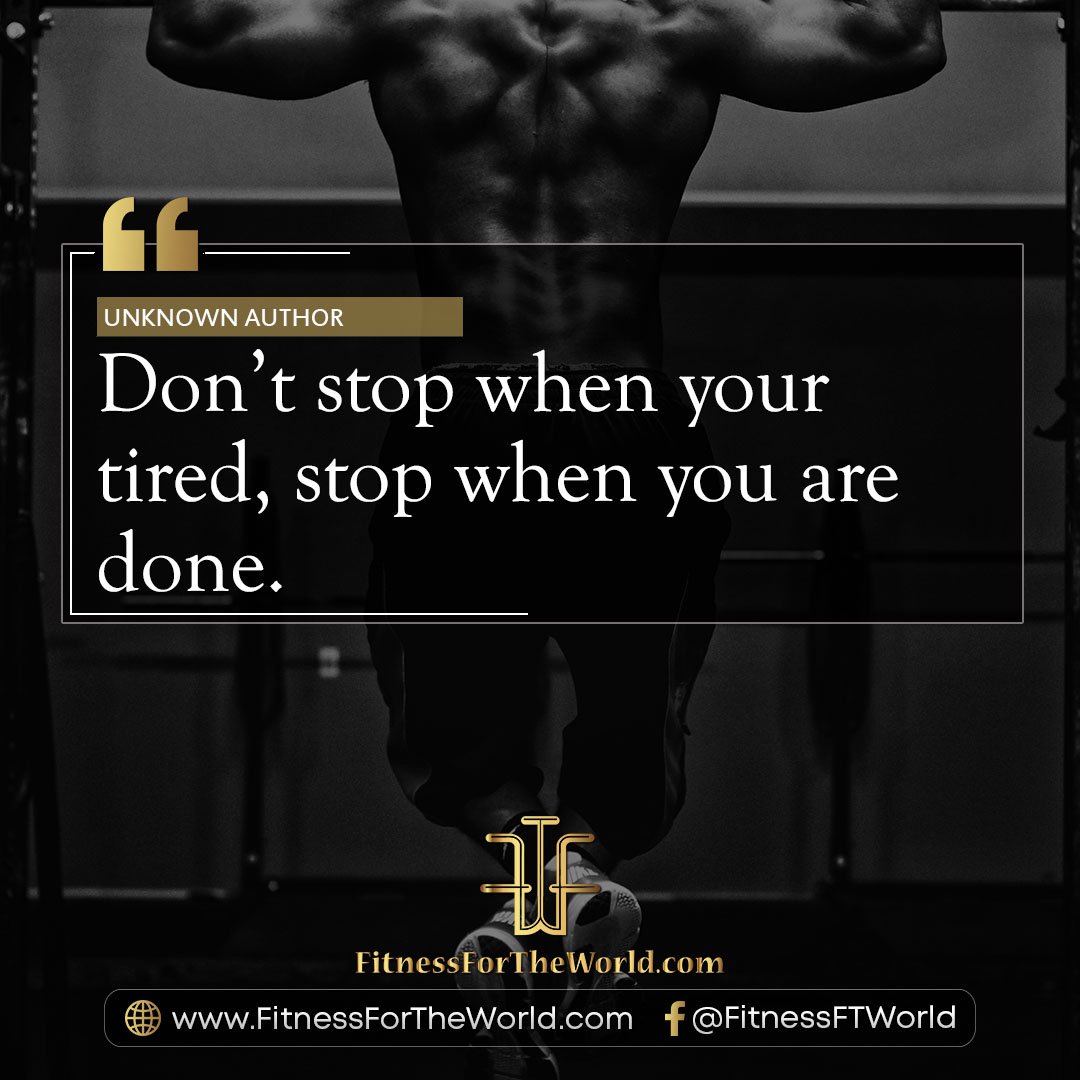


This is ridiculous. There is rarely a reason for lifting light weights unless you are recovering from injury, are very old, or have other health issues that might prevent you from holding a large barbell.
I am an advocate of heavy lifting for many reasons. Besides building lean muscle tissue, it has countless positive effects on our lives, from injury prevention due to increased ligament and bone strength to better concentration and more confidence.
I highly recommend you take a look at the Beginner’s Guide for Resistance Training, which is a comprehensive introduction to what makes sense, especially at the beginning. The nutshell would be to use heavy weights and multi-joint exercises. Those exercises target several muscle groups at once and are functional in nature, which means the training will positively carry over to your general life.
So again, you cannot get bulky – and by bulky I mean gaining lots of muscle mass by lifting weights – if you are in a significant caloric deficit. This is simply against the laws of physics – thermodynamics actually. Your body requires energy to function and even more so to grow. If you take this energy in the form of food intake away, there is no chance you can gain weight. In this case, strength training will only help to increase your caloric deficit, it will further help to maintain your lean muscle tissue and make sure your body will first burn fat before targeting the obviously needed muscle mass for your regular physical exercise routine.
So, the argument that you could potentially become bulky and fat is not correct. Body recompositions are mainly steered by adaptations of your food intake.
Tip #8: Cardio
The good old cardio. Honestly, not one of my favorites, but sometimes I include it if I have to break through this last percentage points or are pressured for time and want to lose weight faster.
Cardio is the perfect way to lose body fat or weight in general. There is a perfect linear relationship between cardio time and weight loss. If your primary goal is pure weight loss – which is what this article is obviously about – cardio is perfect.
The longer you run, the leaner you get.
It is no accident that most marathoners and long, slow-distance runners, in general, are super skinny and lean. After running for approximately 90 minutes, your body will not only burn fat and glycogen; it will also burn muscle mass. Keep that in mind. Even though you might not care about muscle loss, try to limit your cardio time to 90 minutes. Everything over an hour is extremely good, and you will burn a significant amount of fat during this process.
In the end, it is obviously up to you. And if you want to lose fat as fast as possible, you might as well run the whole day and start training for your next marathon competition.
Assuming you are already in a caloric deficit and do not counteract the increased energy expenditure with increased food intake, the following statement is true: The more often you include cardio sessions in your weight loss routine, the faster you will reach your target weight.
So, if you enjoy running around, go ahead. I don’t. 😀
Tip #9: High-Intensity Interval Training
High-Intensity interval training is something I highly recommend.
The main reason is its general effectiveness. You do not have to spend one hour or more on a treadmill and get bored. You just go all out for a couple of minutes, speed up your heart rate to its maximum and increase your metabolism for the rest of the day.
This is an extremely useful method for busy people who want to incorporate some sport into their weight loss program. So, if you are a busy person with many things on your schedule, try it.
HIIT is also not limited to specific exercises. You can do anything that increases your heart rate, from jumping jacks to sprinting, from running up the stairs to push-ups, or squat jumps. There are literally unlimited options to chose from, and it can easily be done in your hotel room or a small apartment. No requirement for any equipment. Just be creative or use YouTube to find a motivational HIIT video that lasts for a couple of minutes.
Tip #10: Determination: Stick to Your Goal
Why determination? Determination is immensely powerful. Once you are determined to reach your target weight, almost nothing can stop you. Determination will help you stay focused on the final outcome for as long as it is necessary to do so. Determination will help you to put in place all the other tips above simply to achieve this predetermined goal of yours. Determination will help you to not deviate from your path to the body of your dreams. It will help you to justify your actions daily and it will give you a feeling of calmness and satisfaction as you know within your heart/yourself that this is the right thing to do.
You are on the right path. You just need to make sure you stay on it and don’t get distracted. Eventually, you will reach your destination—your target weight, the body of your dreams.
How can we reach this state of mind? Books like “7 Habits of Highly Effective People” by Stephen Covey would tell you to start with the end in mind. Also, the book, “Start With Why” by Simon Sinek would tell you to figure out your Why above everything else first.
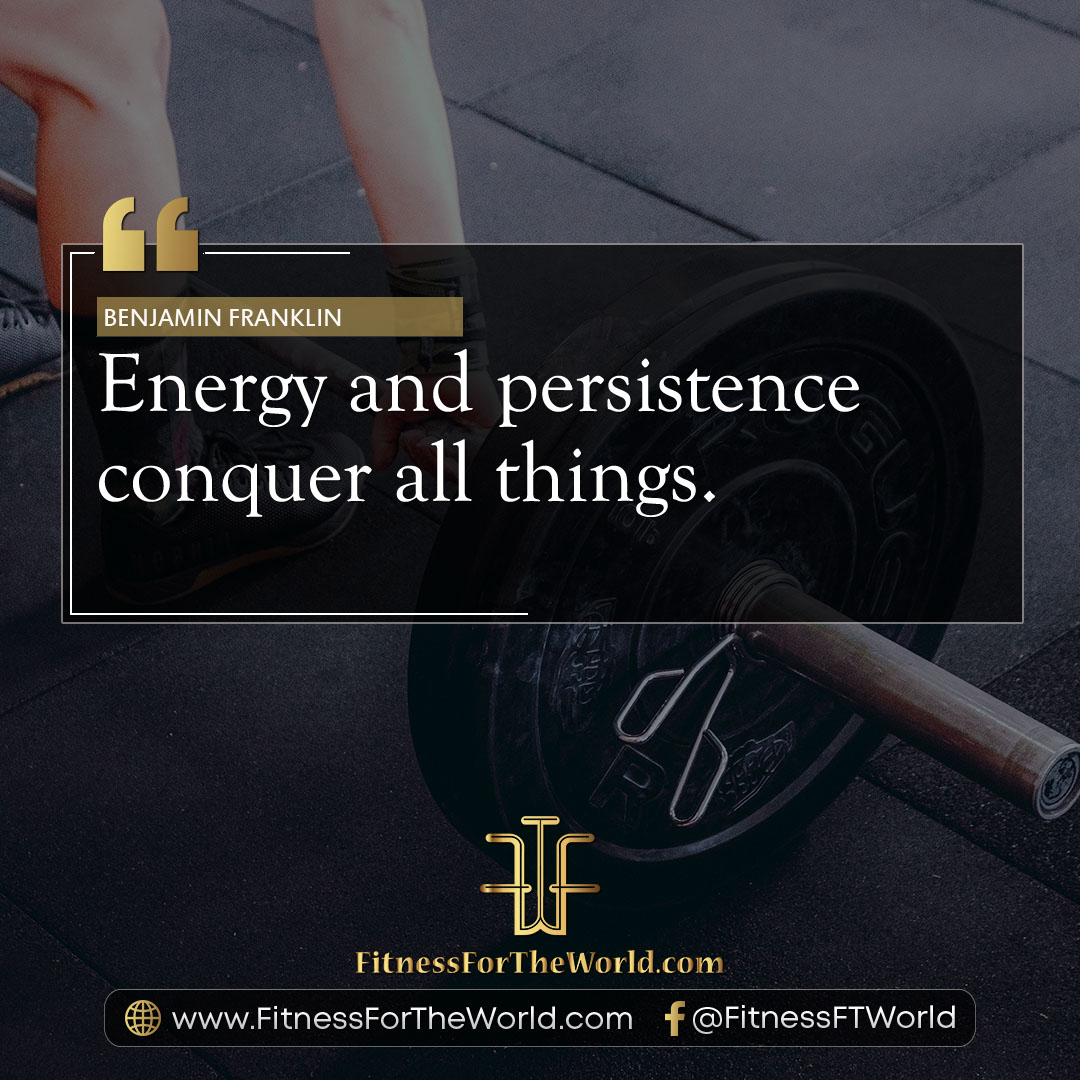


What is common with most of these books is clarity. If you are not one hundred percent sure that a certain goal is exactly what you want to achieve, you will have difficulties getting there. Those books didn’t come up with this conclusion by accident. Those things have actually been proven repeatedly and are automatically used by all successful and determined people out there.
Once you have figured out your own “Why,” you can act with clarity and purpose until you have reached your goal. You have to be so sure that there is nothing that can hold you back. You decided for yourself this is the right way to go and you trust your earlier self, your earlier thought process to have made the right decision, and you are proud to finish the work given to you not by anyone else but by your own inner CEO.
Conclusion:
You see, there are many ways to get rid of your perceived excess weight. Which one you choose is finally up to you, and I would like to remind you that it is by no means necessary to incorporate all the tips mentioned above in your daily routine.
I would recommend choosing 3 to 4 in the beginning, and if you feel like speeding up the process, you can gradually add new things to the routine. The only thing that should always be in there is determination. If you are not interested in reaching your weight loss goal, it will be difficult to stay focused and motivated. Try to commit to your weight loss goal. Write it down when necessary. This will help spark your initial motivation and remind you of where you are going. Also, try to be patient, as patience is immensely powerful. If you don’t worry about your progress along the line, day in and day out, you will feel a lot better.
You will be fine if you just work towards your goal no matter how small the steps you take are. You will eventually reach it. You just need to start walking.
Recommended further reading: Beginner’s Guide to Resistance Training
If you found this post helpful, I’d love for you to kindly share it with your friends and followers on social media – just click any of the buttons below! Thank you.

